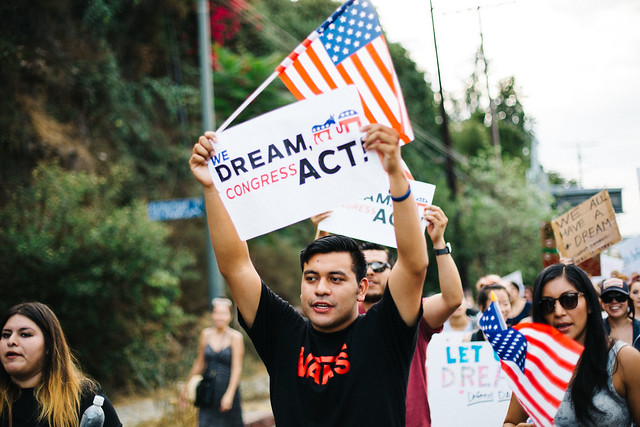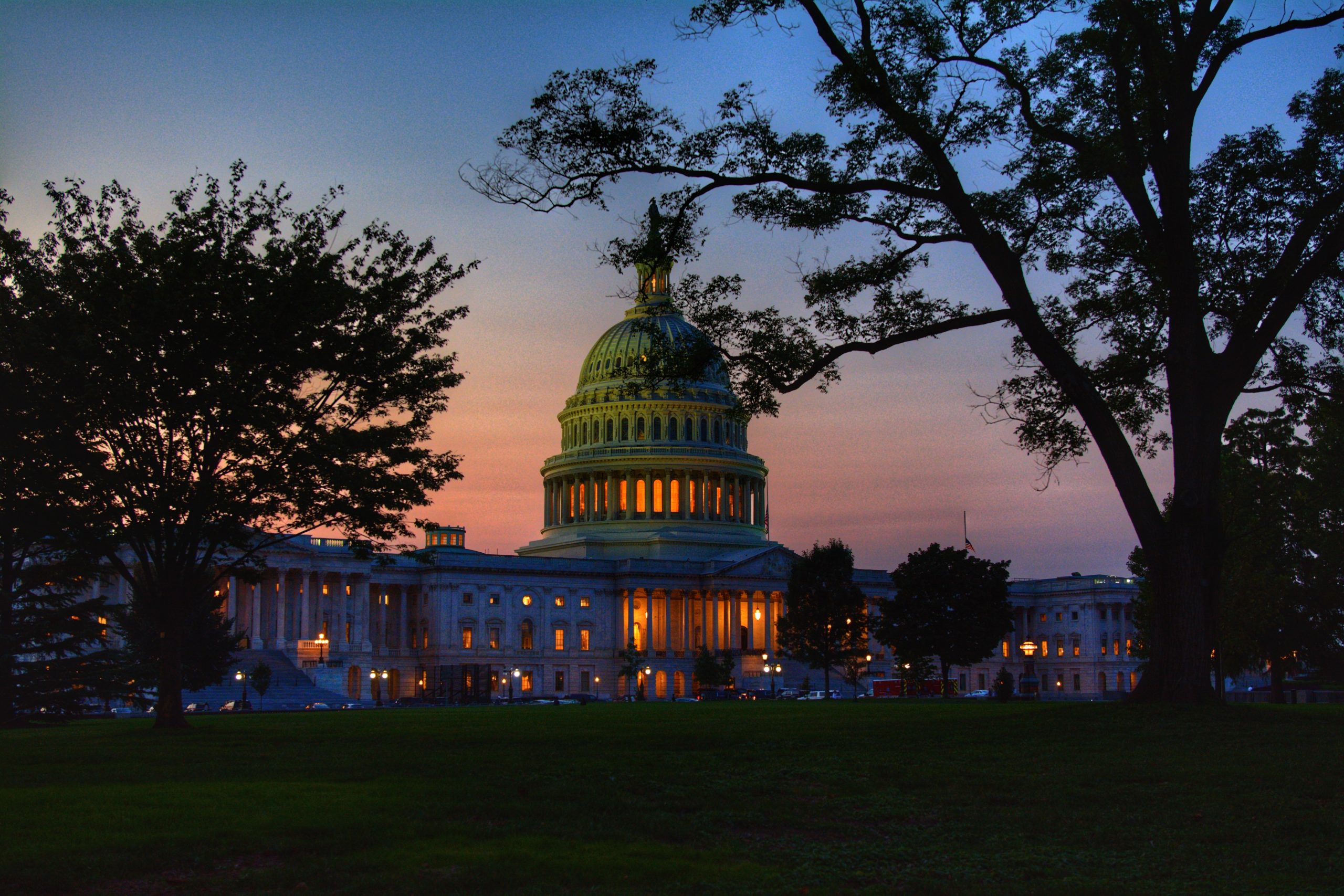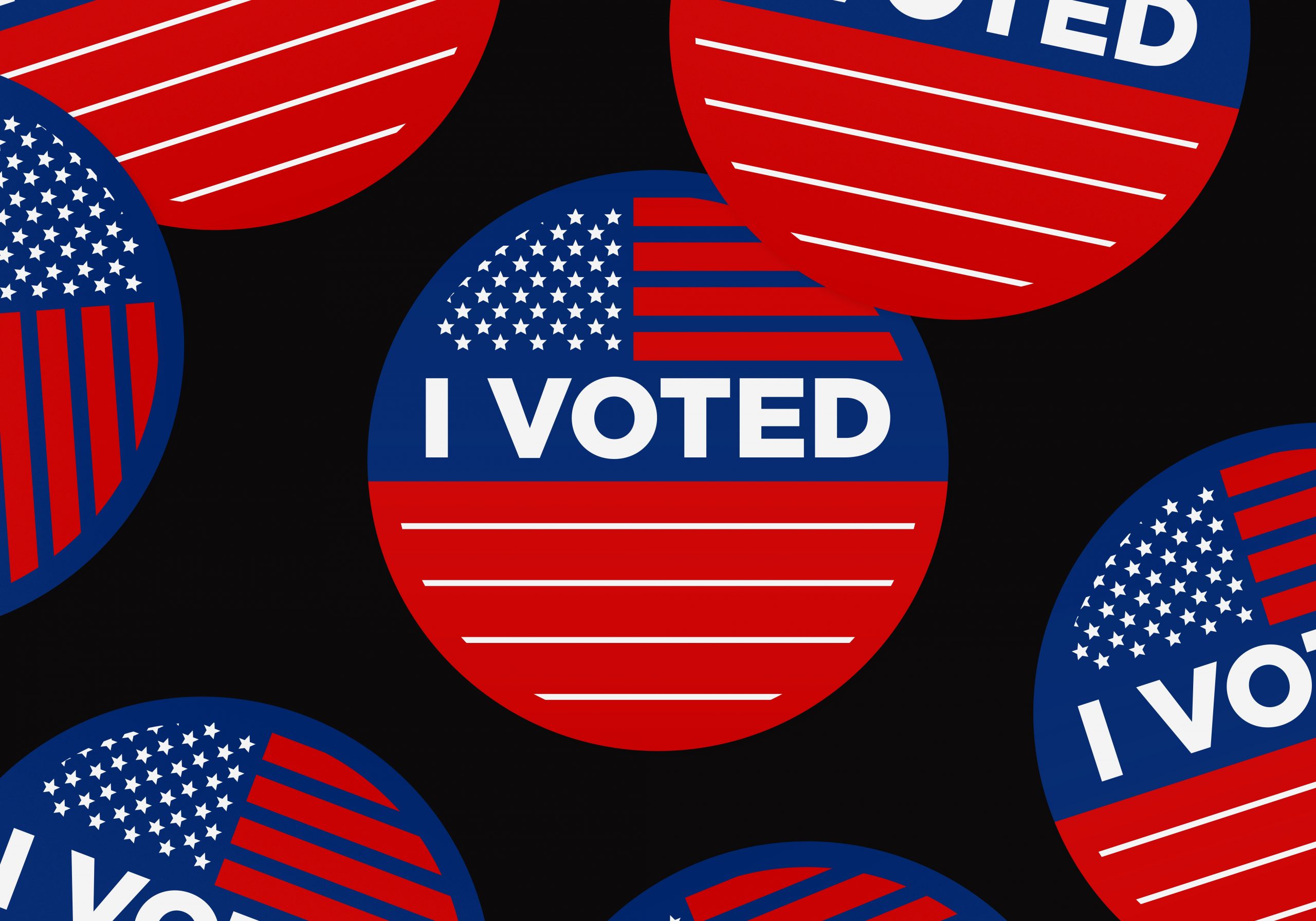In its continued efforts to improve communications with the public regarding the status of visa operations worldwide, the Department of State recently provided new insights regarding Immigrant Visa Prioritization at Consular posts overseas.
To reduce the immigrant visa backlog, the Department has announced the adoption of a new four-tiered approach that is designed to triage the processing of immigrant visa applications according to prioritization standards set by U.S. Congress. Such standards will ensure prioritized visa processing for certain categories of immigrant visa applicants, while posts prepare to resume and expand visa processing as local conditions improve.
Prioritization of immigrant visas will begin with a first tier including prioritization of immigrant visas for immediate relative intercountry adoption visas, age-out cases (cases where the applicant will soon no longer qualify due to their age), and certain Special Immigrant Visas (SQ and SI for Afghan and Iraqi nationals working with the U.S. government).
The second tier will include prioritization of immigrant visas for immediate relatives, fiancé(e) visas, and returning resident visas.
While the third tier will prioritize immigrant visas for family preference immigrant visas and SE Special Immigrant Visas for certain employees of the U.S. government abroad.
Finally, the fourth tier will prioritize immigrant visa processing for all other immigrant visas, including employment preference and diversity visas.
 Visa Lawyer Blog
Visa Lawyer Blog











